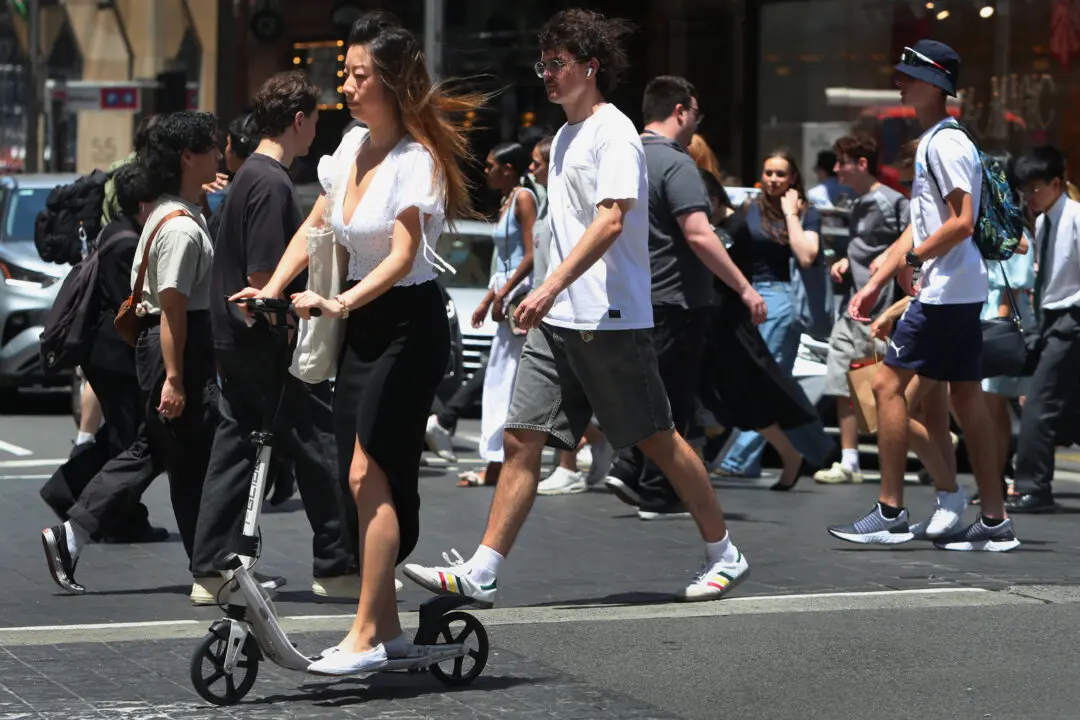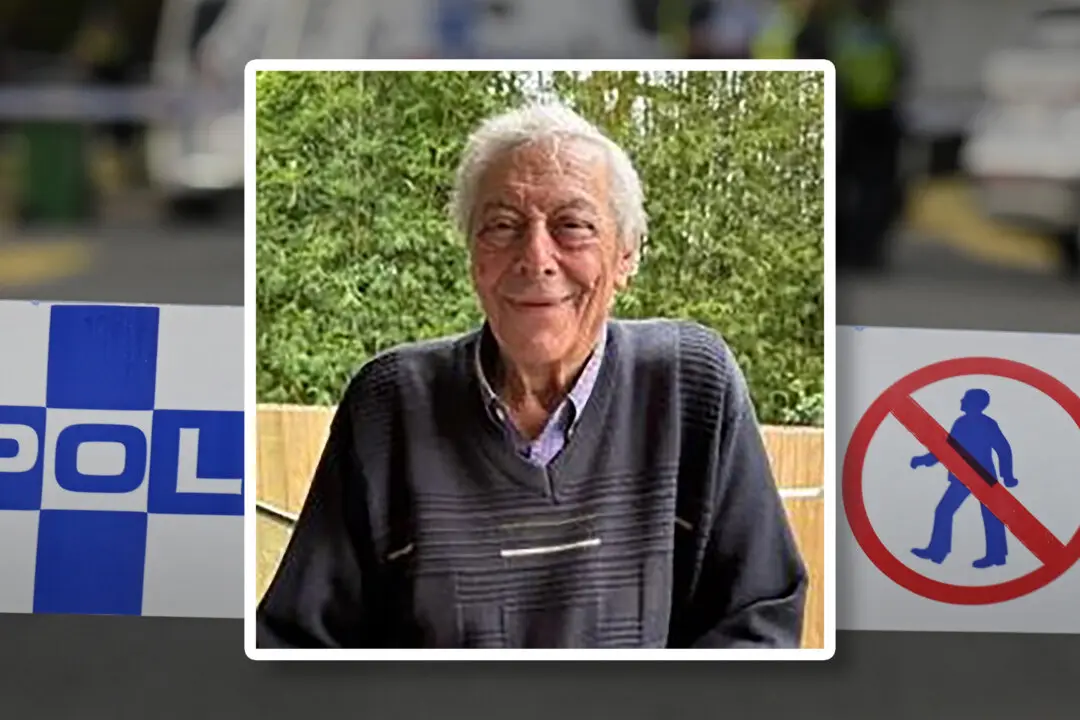Australia could play a key role in regulating artificial intelligence as Europe flags collaboration to keep the advanced technology out of the hands of terrorists.
The European Union’s digital envoy to the United States is pushing to regulate the emerging technology, saying rules of the road are needed despite risks they won’t be followed.





